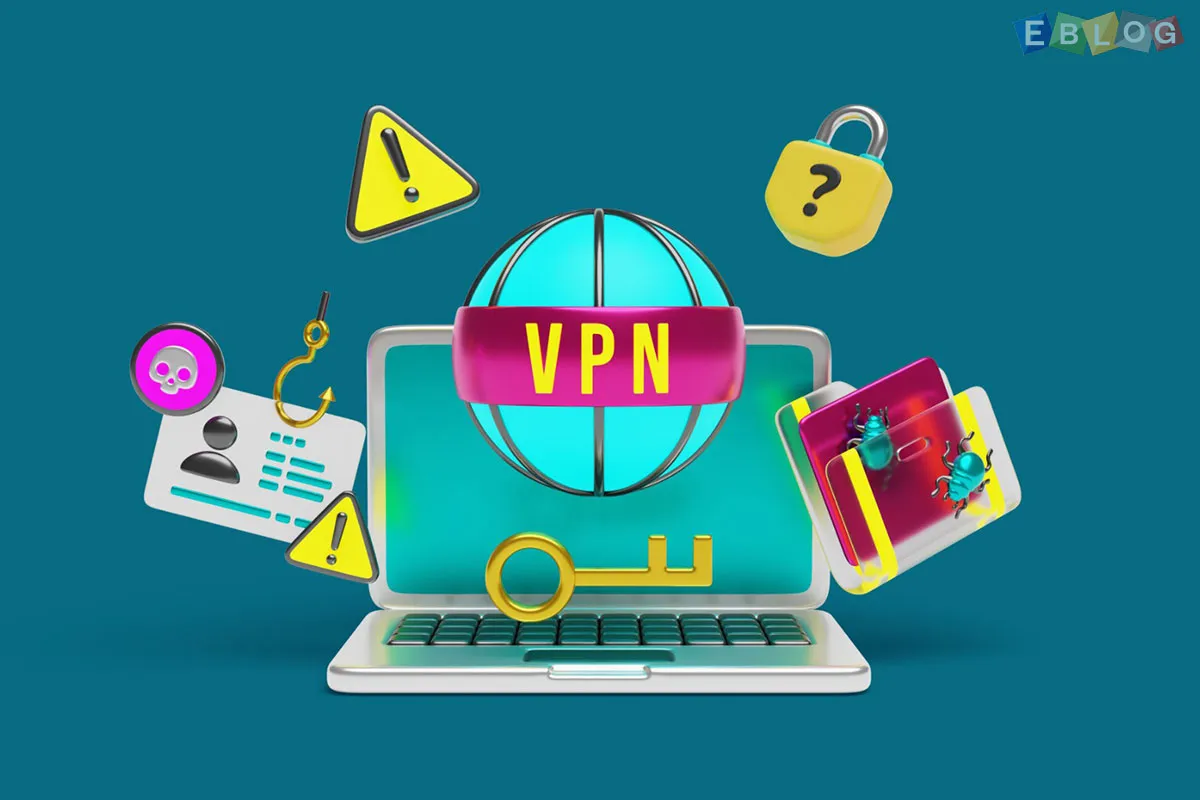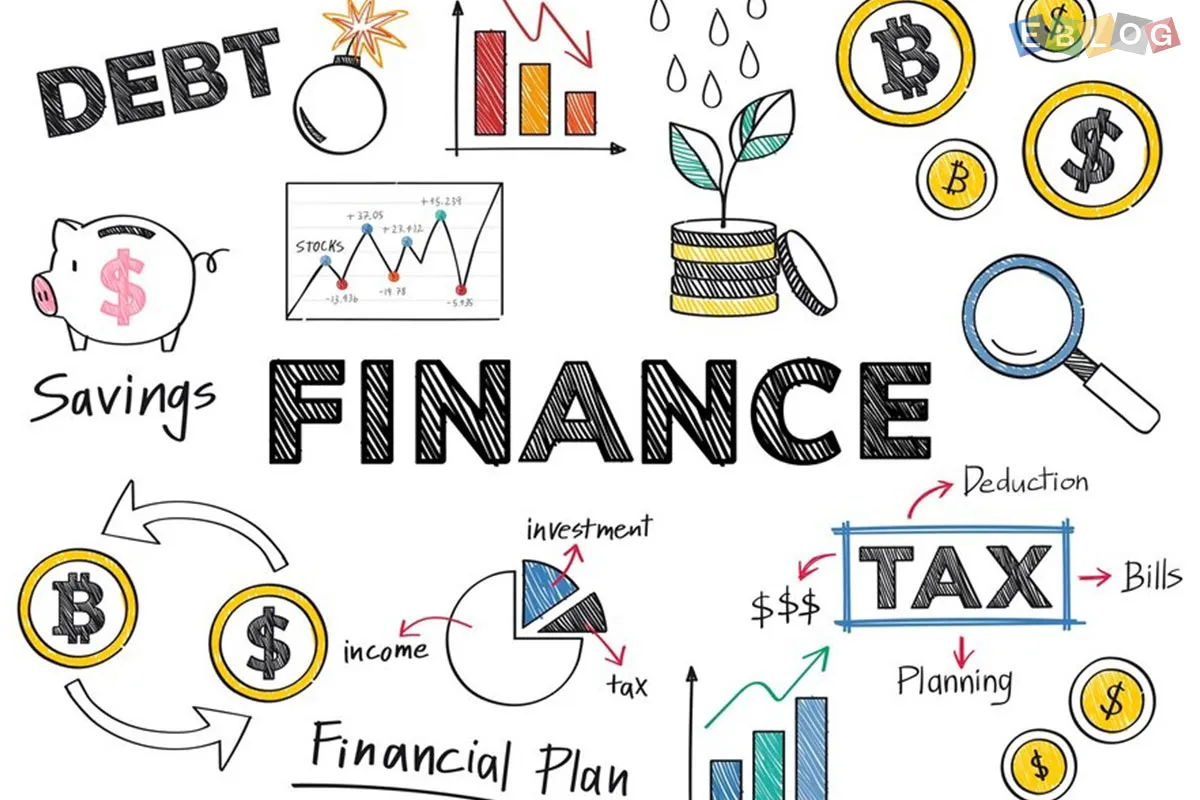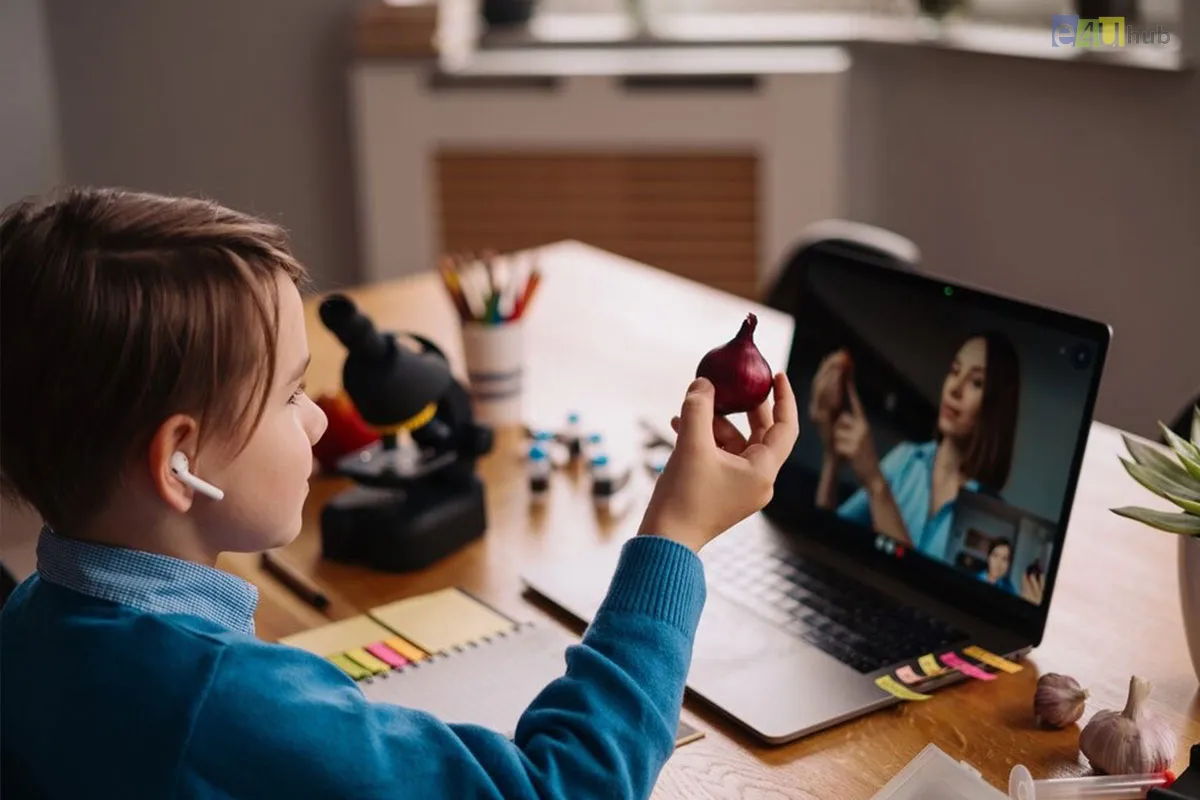
Understanding The Importance Of Early Childhood Education For Lifelong Success
- 22 Jan, 2024
- Education
- 781 Views
- 0 Comments
The foundation of a successful and fulfilling life is often laid in the early years of childhood. In this blog post, we delve into the profound significance of early childhood education, exploring how these formative years serve as the cornerstone for lifelong success and holistic development.
1. Brain Development and Critical Periods:
a. The Developing Brain:
Early childhood is a period of unparalleled brain development. Educational stimuli during this time play a crucial role in shaping neural connections, cognitive abilities, and emotional intelligence.
b. Critical Periods of Learning:
Research suggests critical periods during early childhood when certain skills and behaviors are most easily learned. Early education maximizes the potential for acquiring essential skills.
2. Social and Emotional Development:
a. Building Social Skills:
Early childhood education provides a structured environment for children to interact with peers, fostering the development of social skills such as cooperation, empathy, and effective communication.
b. Emotional Resilience:
Learning to navigate emotions is a vital aspect of early childhood education. It equips children with emotional resilience, self-regulation, and the ability to form positive relationships.
3. Language and Communication Skills:
a. Language Acquisition:
The early years are a critical period for language acquisition. Exposure to rich language environments in educational settings enhances vocabulary, grammar, and overall communication skills.
b. Reading Readiness:
Early childhood education lays the foundation for reading readiness, nurturing a love for books and setting the stage for future academic success.
4. Cognitive and Academic Advancement:
a. Early Numeracy and Literacy:
Structured learning activities in early childhood education introduce foundational numeracy and literacy concepts, providing a head start in academic pursuits.
b. Critical Thinking Skills:
Problem-solving and critical thinking skills are honed through age-appropriate activities, setting the stage for academic success in later years.
5. Prevention and Intervention:
a. Identifying Learning Challenges:
Early childhood educators are trained to identify potential learning challenges early on. Timely intervention and support can address these challenges before they become significant barriers to academic success.
b. Preventing Achievement Gaps:
Quality early childhood education helps level the playing field, reducing disparities in academic achievement and preparing all children for future success.
6. Lifelong Learning Attitudes:
a. Fostering Curiosity:
Early childhood education nurtures a natural curiosity and love for learning. Instilling a positive attitude towards learning sets the stage for a lifelong pursuit of knowledge.
b. Adaptable and Inquisitive Minds:
Children exposed to early education develop adaptable and inquisitive minds, essential qualities for success in an ever-evolving world.
Conclusion:
Investing in early childhood education is an investment in the future. The impact of these formative years reverberates throughout an individual's life, shaping not only academic success but also emotional well-being, social skills, and a lifelong love for learning. As we recognize the importance of early childhood education, we pave the way for a generation empowered to reach their full potential and contribute meaningfully to society.















Leave a Reply